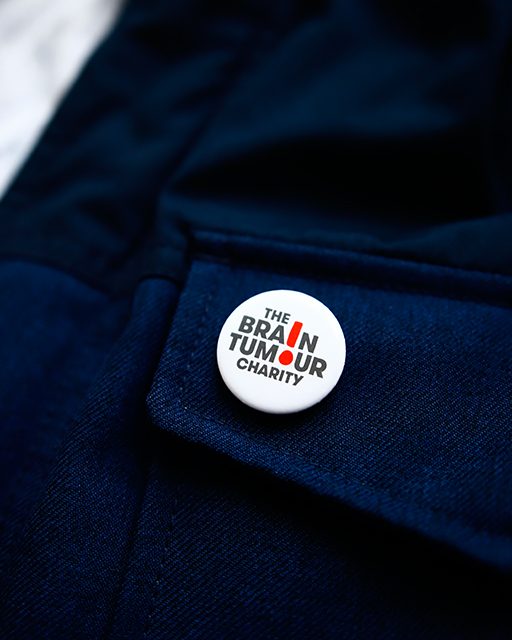Sarah Lindsell, The Charity’s Chief Executive, has co-signed a letter urging the Secretary of State for Health, Jeremy Hunt, to protect England’s largest annual survey of cancer patient experience in the NHS
The letter comes from a charity coalition set up to monitor the implementation of the England Cancer Patient Experience survey (CPES) and the strategy’s recommendations on patient experience.
The survey’s findings
The 2016 England CPES provided an insight into the experience of treatment and care of 72,288 cancer patients over the age of 16. It highlighted brain tumour patients’ poor experience of information, treatment and care.
For example we know that 28% reported that they were not given clear written information about what they should or should not do after leaving hospital – the highest figure of any cancer type.
The survey is also integral to the development of The Brain Tumour Charity’s work. We also wrote a separate letter to NHS England to help support their case to government ministers for protection of the survey.
Among examples, we said CEPES findings provided insight into trends observed within our research into life with a brain tumour, such as that some groups, in particular women, were more likely to report poorer experience than others.
Threatened by an opt-out
Despite its value the continuation of the survey is in doubt. That’s because the Government is reviewing a new national opt-out model for the sharing of patient health data.
Considerations include what type of data should be covered by a patient opting out of sharing their health data and when an opt-out should be applied.
We are concerned that the opt-out could affect the numbers of patients who can be included in the survey. Brain tumours have a small patient population and significant opt-outs might compromise what we can learn from the data, such as comparisons across providers and regions.
We believe that everyone has the right to opt-out of the sharing of their health data. However, there are variations in the opt-out model which can ensure that an individual’s right to privacy is met and the national survey can continue to produce rich and valuable data.
In the letter we highlighted the willingness of cancer patients to share their experience and called for reassurance from the Government and the Department of Health that the national survey will be able to continue in its current form.
Other signatories of the letter include Breast Cancer Care, Macmillan Cancer Support, Cancer Research UK and Teenage Cancer Trust.

Your voice matters
By campaigning with The Brain Tumour Charity, you can help ensure the issues which affect the brain tumour community remain a political priority.
